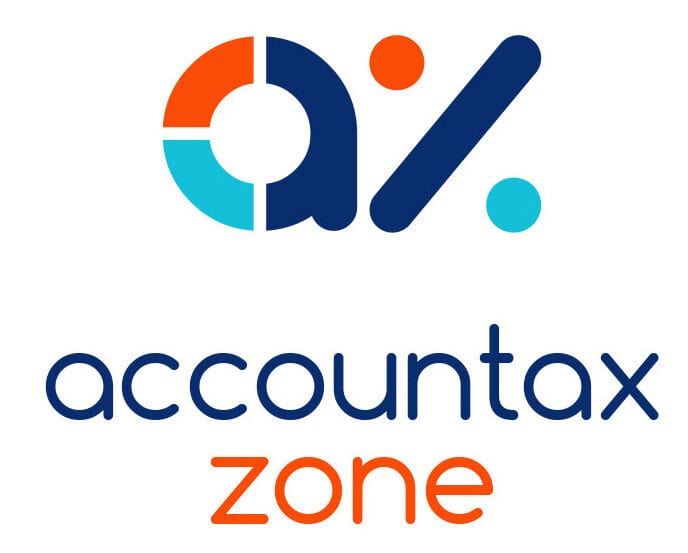A combination of higher interest rates and stealth taxation may mean that you are now paying tax on savings income for the first time. If this is the case, it may be worth taking out an Individual Savings Account (ISA) to enjoy more of your investment income tax-free. ISAs are available from a number of financial institutions, including banks and building societies, credit unions, friendly societies, stockbrokers, peer-to-peer lending services and crowdfunding companies.
There are different types of Individual Saving Accounts for persons aged 18 and over:
- cash ISA;
- stocks and shares ISA;
- innovative finance ISA;
- Lifetime ISA.
The previous Government had announced plans to introduce a British ISA. However, the current Government are not going ahead with it.
There is also a Junior ISA for children under the age of 18.
Individual Savings Account limit
There is an annual ISA investment limit of £20,000 in a tax year. The limit may be invested in a single account or spread across different types of accounts. The maximum amount that can be invested in a Lifetime ISA is £4,000 a year. Spouses and civil partners each have their own limits.
A separate limit of £9,000 per year applies to Junior ISAs.
Cash ISA
Savings in a cash ISA can be held in bank and building society accounts and in some National Savings products. Interest earned on savings held within a cash Individual Savings Account is tax-free.
Stocks and shares ISA
Investments within a stocks and shares account can include shares in companies, unit trusts and investment funds, corporate bonds, and government bonds. However, shares owned in a personal capacity cannot be transferred into such an account, although it is possible to transfer shares from an employee share scheme into an Individual Savings Account.
Income and gains from investments held in the account are tax-free.
Innovative finance ISA
Investments within an innovative finance account can include peer-to-peer loans (i.e., loans given to other people or businesses without using a bank), crowdfunding debentures (i.e., investments in a business by buying its debt), and funds where the notice or redemption period means they cannot be held in a stocks and shares account. Arrangements that already exist outside an innovative finance account cannot be transferred into one. Income and gains on investments within this type of account are tax-free.
Lifetime ISA
A Lifetime account is designed to help people save either for their first home or for retirement. Cash, stocks, and shares can be held in this type of account. Returns are tax-free. Lifetime accounts also benefit from a tax-free government bonus equal to 25% of the amount saved, capped at £1,000 a year. However, there are more conditions than for other Individual Savings Accounts.
The maximum amount that can be invested in a Lifetime account is £4,000 a year. This counts towards the overall limit on investments in such accounts, set at £20,000 per tax year.
To open one, a person must be 18 or over and under 40. The first payment must be made before the individual turns 40. Once the account is open, contributions of up to £4,000 a year can continue until the age of 50. Beyond that, the account remains open and will continue to earn interest, but no further deposits can be made, and no further government bonuses will be paid.
Money can only be withdrawn from a Lifetime account without penalty where it is used to buy a first home once the individual has reached age 60 or if they are terminally ill with less than 12 months to live.
On the face of it, the 25% government bonus makes a Lifetime account an attractive option for saving money for a deposit for a first home. However, the money in this type of account can only be used in this way if the home is purchased with a mortgage and does not cost more than £450,000.
In London and other areas with high property prices, buyers may struggle to find a first home within this price bracket. If a first home is purchased for more than this, the saver has the choice of either leaving the funds in the account until they reach the age of 60 or withdrawing the money saved and forfeiting the government bonus. The bonus will be clawed back if the funds are withdrawn other than for one of the three permitted reasons.
Junior ISAs
A Junior ISA is a long-term tax-free savings account for children. There are two types of Junior accounts: a cash account or a stocks and shares account, and a child can have one or both types. The account can be opened by a parent or a guardian with parental responsibility. However, the money belongs to the child. As any interest is tax-free and not taxed on the parent, a Junior account is an attractive option for a parent wishing to save for their child. The child can take control of the account when they reach the age of 16 but cannot withdraw the money until they turn 18.
You might also like to read: Make the most of your ISA allowance
Partner note:
The Individual Savings Account Regulations 1998 (SI 1998/1870)










